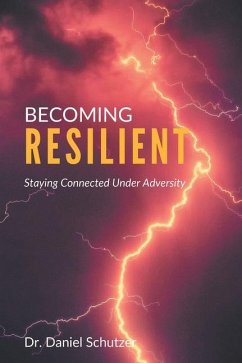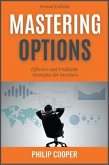Recently we have seen several catastrophic events causing huge disruptions, losses, and panic. There is a growing likelihood that these natural disasters and physical and cyber warfare attacks will increase in frequency and lethality, increasingly impacting civilian infrastructure, due to global warming, increased civil unrest and global tensions as international competition increases. Imagine if two or more occur at the same time? Certainly, cyberattacks can be planned, rehearsed, and launched during the middle of one or more natural events. Up until now we have dealt with each of these events by trying to build systems that are better at detecting, preventing, and protecting us against them. Sadly, we have learned that these events cannot be totally prevented or stopped and have taken their toll. There is a rising chorus arguing that we must learn to, both individually and collectively, become more resilient in the face of these disastrous events. But how? The author believes we can learn to do better by becoming more resourceful, innovative, collaborative, and by taking a page from how we fight wars. This book details how these measures can be adapted to keep our systems operational and to rapidly reconstitute lost infrastructure.







